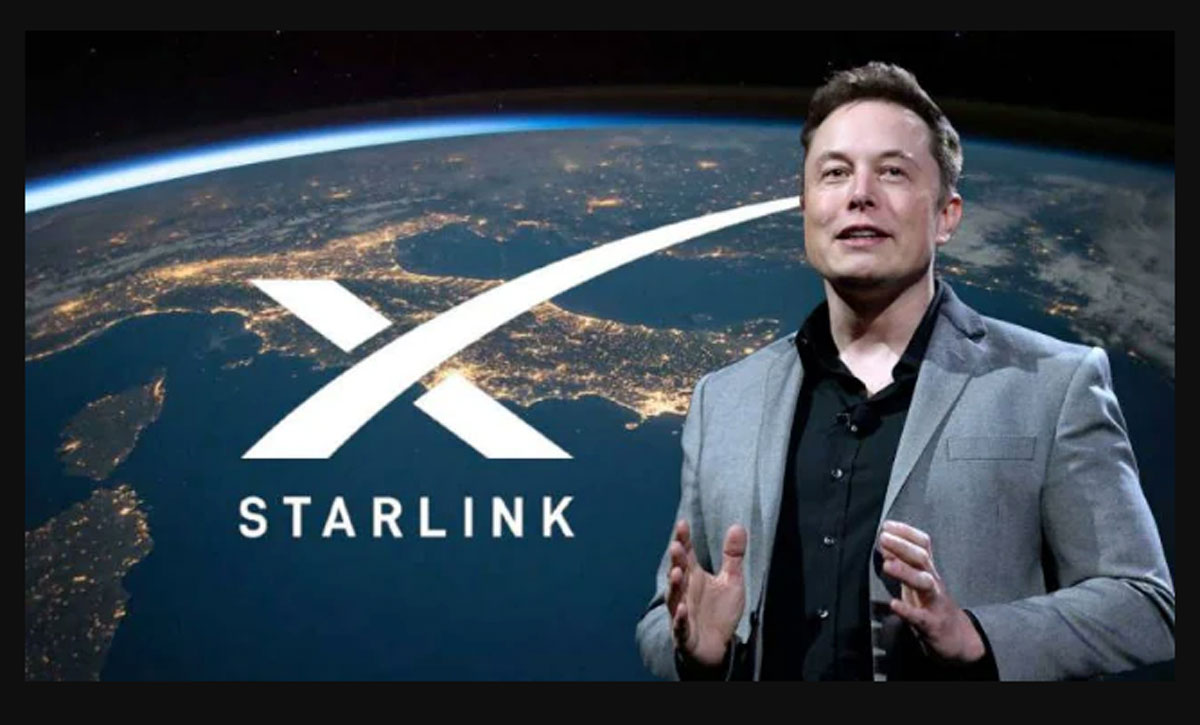Will OpenAI Go Public? IPO Rumors Explored
The Current State of OpenAI
OpenAI, the artificial intelligence research lab behind ChatGPT, DALL·E, and GPT-4, has rapidly grown into one of the most influential tech companies in the world. Founded in 2015 as a non-profit, OpenAI later restructured into a “capped-profit” entity to attract investment while maintaining its mission of ensuring AI benefits humanity.
Despite its massive valuation—reportedly exceeding $80 billion as of early 2024—OpenAI remains privately held. Unlike many tech giants that eventually pursue an initial public offering (IPO), OpenAI’s unique structure and mission raise questions about whether it will ever go public.
Why OpenAI Might Consider an IPO
1. Raising Capital for Expansion
AI development is expensive. Training advanced models like GPT-4 requires massive computing power, data storage, and top-tier talent—all of which demand significant funding. An IPO could provide OpenAI with billions in capital to accelerate research, expand infrastructure, and compete with rivals like Google DeepMind and Anthropic.
2. Liquidity for Employees and Investors
Early employees and investors, including Microsoft (which has invested over $13 billion), may seek liquidity. An IPO would allow them to monetize their stakes, aligning with traditional Silicon Valley exit strategies.
3. Increased Transparency and Credibility
Going public would subject OpenAI to regulatory scrutiny and financial disclosures, potentially boosting credibility among enterprise clients and governments. Public companies often gain trust through mandated transparency.
Challenges to an OpenAI IPO
1. Mission-Driven Structure
OpenAI’s capped-profit model limits investor returns, making it less attractive to traditional IPO-seeking shareholders. Its charter emphasizes safety and broad benefit over maximizing profits, which could deter Wall Street investors.
2. Regulatory and Ethical Risks
AI faces increasing regulatory scrutiny. Governments worldwide are debating AI safety laws, and OpenAI’s public listing could invite more oversight, complicating operations.
3. Competitive Pressure
Remaining private allows OpenAI to keep strategic decisions—like model releases and partnerships—confidential. Public companies face pressure to prioritize short-term gains over long-term AI safety goals.
IPO Rumors and Speculation
Microsoft’s Influence
Microsoft, OpenAI’s largest investor, may push for an IPO to realize returns on its investment. However, Microsoft also benefits from OpenAI’s private status, retaining exclusive cloud deals (via Azure) and controlling competitive leaks.
Leadership’s Stance
CEO Sam Altman has been ambiguous. While he hasn’t ruled out an IPO, he emphasizes OpenAI’s mission over profits. In interviews, Altman has suggested alternative funding routes, such as debt financing or continued private investment.
Market Conditions
The 2022-2023 tech downturn saw fewer IPOs, but a rebound could tempt OpenAI. If investor appetite for AI stocks surges (as seen with NVIDIA’s boom), OpenAI might seize the opportunity.
Alternative Paths to Liquidity
1. Direct Listings or SPACs
OpenAI could bypass a traditional IPO via a direct listing or SPAC merger, offering liquidity without extensive roadshows. However, these options still require regulatory compliance.
2. Secondary Markets
Employees and investors might sell shares on secondary markets (like Forge Global), though this offers limited liquidity compared to an IPO.
3. Strategic Acquisitions
A full acquisition by Microsoft or another tech giant is unlikely due to antitrust concerns but remains a theoretical exit path.
What Experts Say
- Tech Analysts: Many believe OpenAI will delay an IPO until AI regulations stabilize.
- Investors: Some argue that without public markets, OpenAI’s valuation could stagnate.
- Ethicists: Warn that going public might shift OpenAI’s focus from safety to shareholder demands.
Key Takeaways
- OpenAI’s IPO potential hinges on balancing mission integrity with financial pressures.
- Microsoft’s role is pivotal—its investment could drive or deter a public offering.
- Regulatory hurdles and market conditions will heavily influence timing, if it happens at all.
The Bottom Line
While OpenAI has the growth trajectory of a future public company, its unique mission and structure make an IPO uncertain. For now, the company seems focused on scaling AI capabilities—leaving Wall Street waiting.

